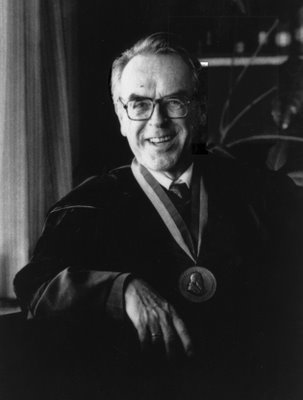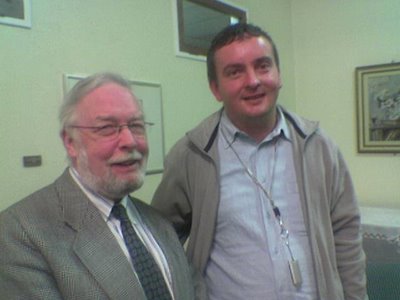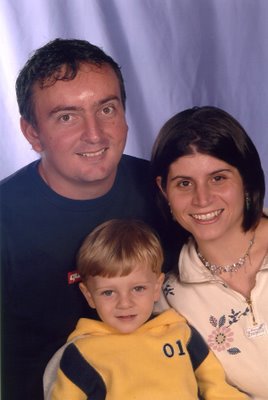Yesterday a dear friend told me that my blogspot is too impersonal, in fact, he told me in the most diplomatic way that my blogspot was crap. So, this is the time for a new approach. No more sermons, only if I think it is a gem that I would like to share with the world.
His message made me think the whole day long about who I am and what I would like to share. My initial response was summed up in the following sentense which I wrote to him "My life seems to be protected by academia, so I keep my mind busy so as to keep the heart quiet.". As I wrote it, I realized that I am in trouble. It wasn't as if I was feeling depressed, as a matter of fact, I haven't felt this good in a long time, but this sentence just appeared as my fingers were punching away at the keyboard.
This response bugged me even more than my friend's challenge.
In my devotional time this morning, I read the last few verses of Psalm 23 and while chatting to my fellow-staffmembers, came to the following conclusions:
The valley of the shadow of death is a valley we all know. You have to walk through it at some point or another. As a minister, I am forced to travel this road along with people as they are faced with daily anxieties, stresses and worries. This is ok, I can handle that. But the question is, how do I walk through the valley? Do I allow other people to accompany me as I journey, or is the superman-image which is expected by congregation, society and peers so part of my identity that I do not allow myself to be vulnerable.
Perhaps, it is easier, while walking through the valley, to hide behind a couple of bushes - perhaps academia, perhaps busy-ness, perhaps through the professional distance which we are ancouraged to create (to protect ourselves?).
Hiding behind bushes does not take me out of the valley. It is denial - perhaps negotiated distraction.
It is time to get moving - Hiding is not progress.
Watch this space.
"The Lord is my Shepherd...
"...for You are with me..."
Thank you, friend.


